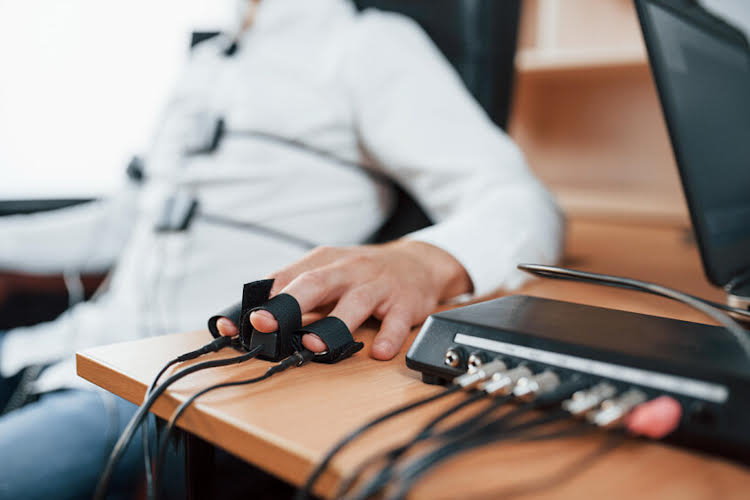These tests physiological response blood pressure, pulse rate, respiration, and skin conductivity pre-employment screenings, and other scenarios essential. However, despite their widespread use, numerous myths and misconceptions surround polygraph services, fuelling skepticism about their reliability and accuracy.
Polygraph tests are 100% accurate
The most persistent myth surrounding polygraph services is the belief is 100% accurate in detecting lies. This notion is far from the truth. While polygraph tests can provide valuable insights, they are not infallible. The accuracy of these tests is influenced by various factors, including the examiner’s skill, the examinee’s physiological and psychological state, and the specific questions asked during the test. In numerous studies polygraph tests rate ranging from 70% to 90%, depending on the circumstances and the expertise of the examiner. It means is always a chance of false positives (identifying a truthful person as deceptive) or false negatives (identifying a deceptive person as truthful). Polygraph tests mustn’t be a fool proof method of lie detection but rather a tool to be used in conjunction with other investigative techniques.
Tests can read minds
The common misconception is that polygraph tests somehow read minds or extract information directly from an individual’s thoughts. It is simply not true. Polygraph tests measure physiological responses, such as changes in breathing patterns, blood pressure, and sweating, which are associated with the autonomic nervous system’s reaction to stress or deception. They are polygraph instrument to extract thoughts or memories from an individual’s mind. Instead, it relies on the examinee’s physiological reactions to specific questions asked during the test. These reactions are then interpreted by the examiner to determine if the individual is being truthful or deceptive.
Tests are illegal or unethical
They are people who believe that lie detector test nyc test on new york services are illegal or unethical practices, which is simply not the case. In most jurisdictions, the use of polygraph tests is legal, provided that certain guidelines and protocols are followed. Many government agencies, law enforcement organizations, and private companies rely on polygraph services to aid in their investigations or pre-employment screenings.
However, it’s important to note that there are specific regulations and laws governing the use of polygraph tests, particularly in the context of employment. For example, in the United States, the Employee Polygraph Protection Act (EPPA) prohibits most private employers from using polygraph tests for pre-employment screening or during employment.
Tests are admissible in court
The widespread myth is that polygraph test results are admissible as evidence in court proceedings. In reality, the admissibility of polygraph evidence varies significantly across different jurisdictions and is subject to strict rules and guidelines.
- Stipulation- If both the prosecution and defense agree to the admissibility of polygraph results, the court may allow them to be presented as evidence.
- Impeachment or corroboration– Polygraph results used to impeach or corroborate the testimony of a witness, subject to the court’s discretion.
- Sentencing or parole hearings– In some jurisdictions, polygraph results are considered during sentencing or parole hearings, as the standards of evidence are generally lower than in criminal trials.
It’s important to note that even in cases where polygraph results are admissible, they are weighed and are not considered conclusive evidence of truthfulness or deception.
Related posts
Recent Posts
- First Aid for Eye Injuries: Immediate Actions for Protection April 8, 2024
- What To Do If Your Children or Babies Suffer From Fluorosis? March 30, 2024
- Aromatic Alleviation: How Stress Relief Sprays Are Changing the Wellness Landscape March 20, 2024
- Debunking myths surrounding polygraph services March 8, 2024
- Why It Is a Good Idea to Opt for Gentle Dentistry? February 28, 2024
- Can Dental Cleanings Help Decide Your Oral Health Fate? February 15, 2024
- Sip & Smile: Indulge in the Irresistible Joy of Bubble Tea February 12, 2024

